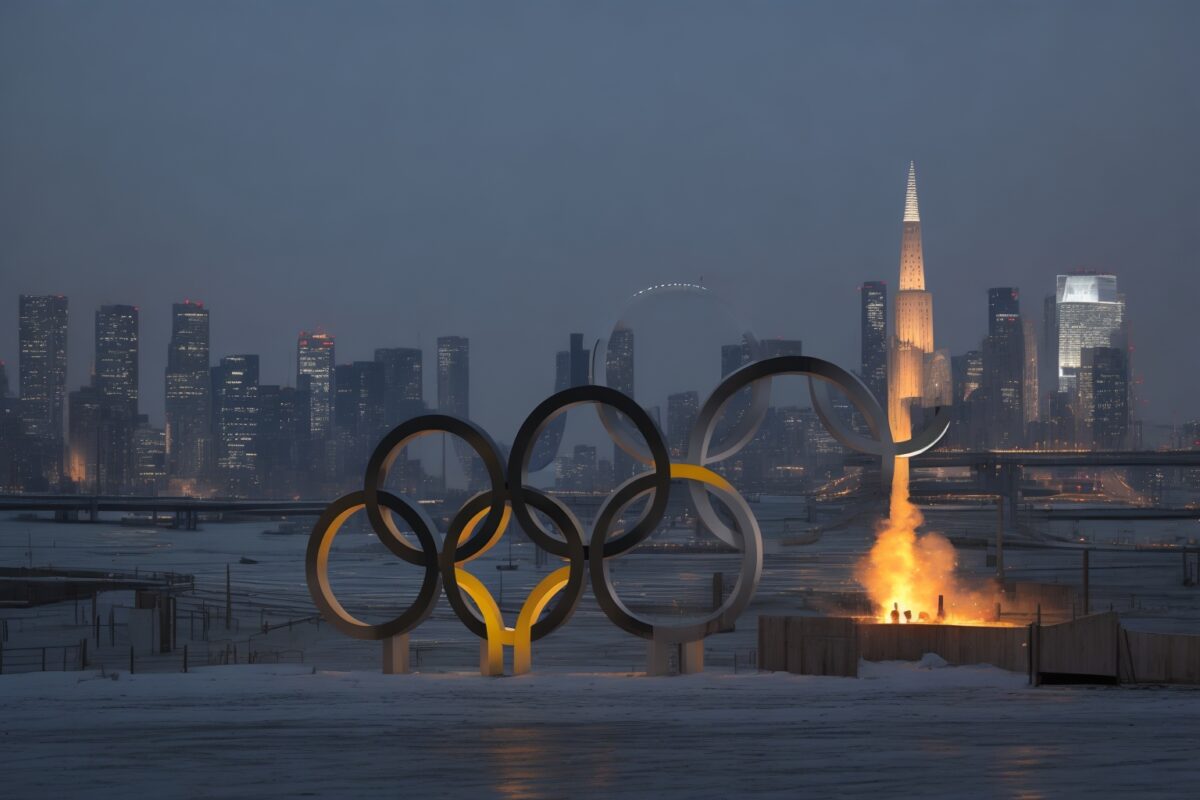On December 7, 2020, the IOC officially approved breaking as a discipline at the Olympic Games in Paris 2024. That was exciting news for competitive breaking, but the dance scene was ambivalent about it. There was widespread concern that the essence of our dance might get lost once it gets drawn into the world of sports.
Now that the Olympic Games are over, I perceive them as a net positive. But before we dive deeper into the matter, let’s check what people were worried about.
Disclaimer: I know it’s not called Breakdance in the scene, but I also want to reach people who don’t know that.
The risk of breakdance being part of the Olympic Games
The biggest fear in the dance scene is that breaking will become detached from its cultural roots, and the bigger part of the world will perceive it as an acrobatic form of sports instead of an art form that goes hand in hand with cultural values. There is nothing we can say to debunk this claim, and many people who perceived breaking through a classical sports lens did not understand why dancers freestyled to the music instead of preparing a fixed routine like floor gymnasts.
The advantages of breaking at Olympia
With breaking becoming an Olympic discipline, its exposure is now much bigger. The bigger exposure will create a lot of opportunities for dancers to earn more money and educate the public (if they choose to do so). The older generation will be able to judge and share their view about dance and culture. The young generation will have an additional platform to test their skills. This attention will lead to even more brands and sponsors come on-board for breaking, which opens up opportunities for people to make a living from breaking.
Will breaking change because of its inclusion in the Olympic Games?
Yes and No. We will see an increased focus on the athletic aspects of the dance. The young generation is already pushing the boundaries of what can be done. Olympia will only speed up this development, but it is not its sole reason. Breaking has always been a phenomenon living in the twilight between art and sports, and the aspect that caught people’s initial attention was the acrobatics. This will not change.
The jams, battles and gatherings where we celebrate the culture will not go away just because there is an additional platform. Underground events that are true to the culture will still be around, and they are not competing with sports competitions. It will be in the power and responsibility of all the b-girls and b-boys participating in significant sports events, like Olympia, to represent our culture appropriately. This includes competitors, judges, consultants, and even visitors familiar with the culture.
Manny talked to Red Bull BC One 2020 E-Battle Champ and World Final Runner-Up Madmax about the balance between being an athlete and an artist. Also, Tracy interviewed Ayane, talking about her point of view when thinking about Paris 2024. I highly recommend you read them both.
What happened with Breaking in the Olympic Games 2024?
First off, we had some amazing battles with more eyeballs than we are used to. B-Girl Ami, from Japan, won the gold medal with Nicka, from Lithuania, and 671, from China, coming in second and third. Phil Wizard, from Canada, took the win in the b-boy category, with Dany Dan, from France, and Victor, from the USA, taking silver and bronze.
The dancers enjoyed the music provided by DJs Fleg and Plash and gave their best. There was some controversy about B-Girl Raygun from Australia, who presented a more originality-based approach to the dance, which was not well-perceived by the uninitiated part of the audience. To be honest, it was to be expected that something like this might happen. Raygun did an amazing job, but one can’t please everyone.
I’d like to paraphrase Theodore Rosevelt here and leave it at that.
It is not the critic who counts; not the one who points out how the strong one stumbles, or where the doer of deeds could have done them better. The credit belongs to the one who is actually in the arena.
Theodore Rosevelt
The battles were great, the dancers performed like crazy and some unsung heroes from the scene stepped up to take care of the many tasks needed to make the event happen.
I call that a win.
Dig deeper into breaking at the Olympic Games
Here are some links to stuff others had to say.
- https://www.worlddancesport.org/News/Everyone-Won-with-the-2024-Olympic-B-Boys-Competition-3465
- https://www.cbsnews.com/news/breaking-2024-paris-olympics-medals-sunny-choi-viktor-montalvo-jeffrey-louis/
- https://www.youtube.com/watch?v=whUx-5mbLl0
- https://www.youtube.com/watch?v=aYUgZ5WpYP8
- https://www.youtube.com/watch?v=d-Vo866_jhY
- https://www.youtube.com/watch?v=Syt3_Jz4gwU

